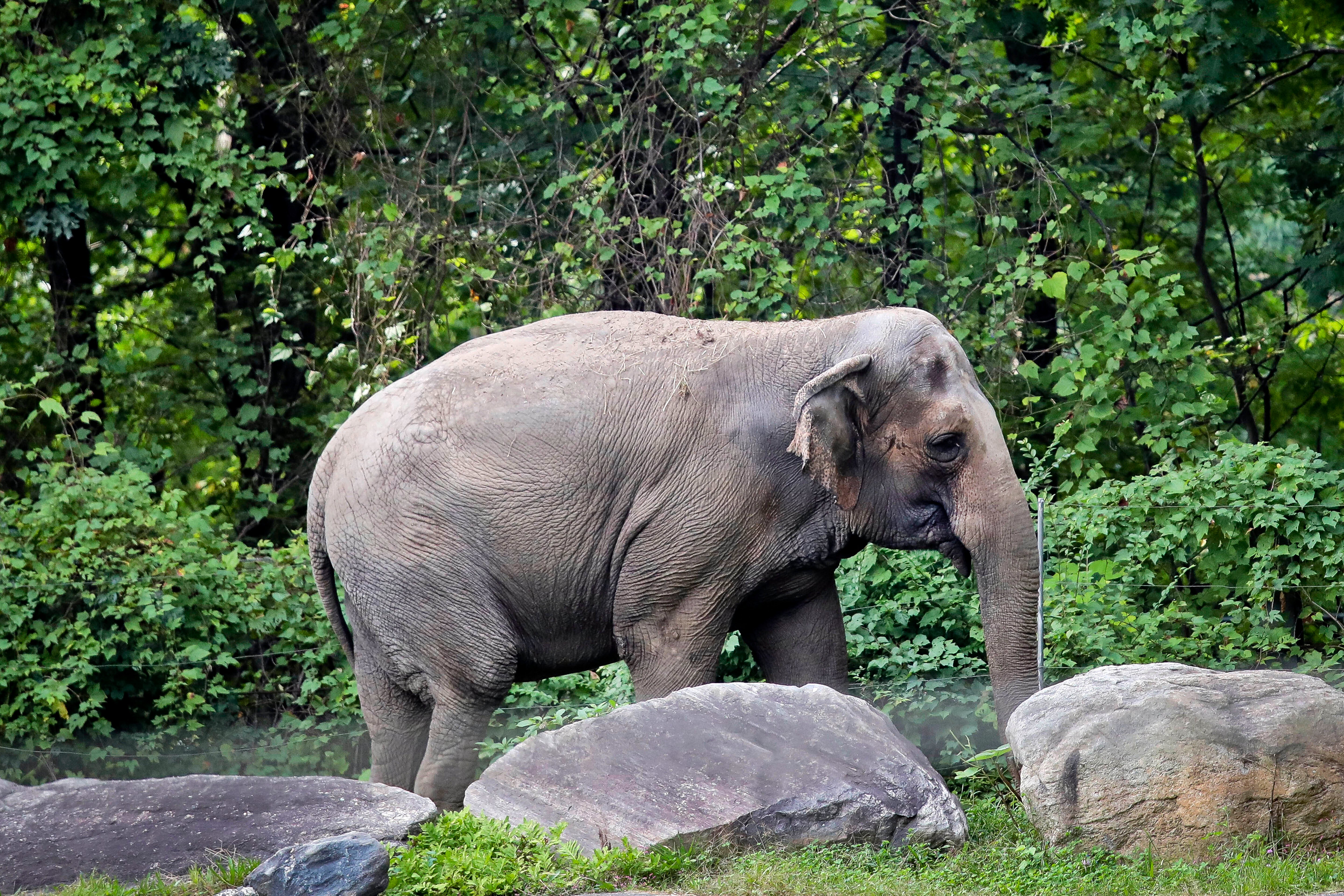Happy the Elephant is not a person and must stay at Bronx Zoo, court rules
The wild-born animal has been at the zoo since 1977

Your support helps us to tell the story
From reproductive rights to climate change to Big Tech, The Independent is on the ground when the story is developing. Whether it's investigating the financials of Elon Musk's pro-Trump PAC or producing our latest documentary, 'The A Word', which shines a light on the American women fighting for reproductive rights, we know how important it is to parse out the facts from the messaging.
At such a critical moment in US history, we need reporters on the ground. Your donation allows us to keep sending journalists to speak to both sides of the story.
The Independent is trusted by Americans across the entire political spectrum. And unlike many other quality news outlets, we choose not to lock Americans out of our reporting and analysis with paywalls. We believe quality journalism should be available to everyone, paid for by those who can afford it.
Your support makes all the difference.Happy the elephant cannot be legally considered a human and can be kept at the Bronx Zoo, New York’s highest court has ruled.
The Nonhuman Rights Project had brought a case challenging the zoo’s confinement of the 41-year-old elephant, but it was rejected in a 5-2 decision by the state Court of Appeals.
The group had argued that Happy is an intelligent being, who should be able to sue under habeas corpus against illegal detention.
But in the decision, Chief Judge Janet DiFiore wrote that “while no one disputes that elephants are intelligent beings deserving of proper care and compassion”, a writ of habeas corpus did not apply to a non-human animal such as Happy.
A habeas corpus proceeding is a way for an individual to challenge illegal detention or confinement.
The majority decision continued that allowing Happy to challenge her confinement at the zoo “would have an enormous destabilising impact on modern society”.
It added: “Indeed, followed to its logical conclusion, such a determination would call into question the very premises underlying pet ownership, the use of service animals, and the enlistment of animals in other forms of work.”
Zoo officials argued that Happy was neither a person nor illegally imprisoned, but an elephant that is “respected as the magnificent creature she is.”
Judges Rowan Wilson and Jenny Rivera, wrote separate dissents that said that being an animal did not mean Happy did not have legal rights.
Judge Rivera wrote that Happy had been held in “an environment that is unnatural to her and And she added: “Her captivity is inherently unjust and inhumane. It is an affront to a civilized society, and every day she remains a captive — a spectacle for humans — we, too, are diminished.”
The court’s decision cannot be appealed.
Happy was born in the wild in Asia in the early 1970s, before being captured and brought to the US as a one-year-old, and arrived at the zoo in 1977.



Join our commenting forum
Join thought-provoking conversations, follow other Independent readers and see their replies
Comments